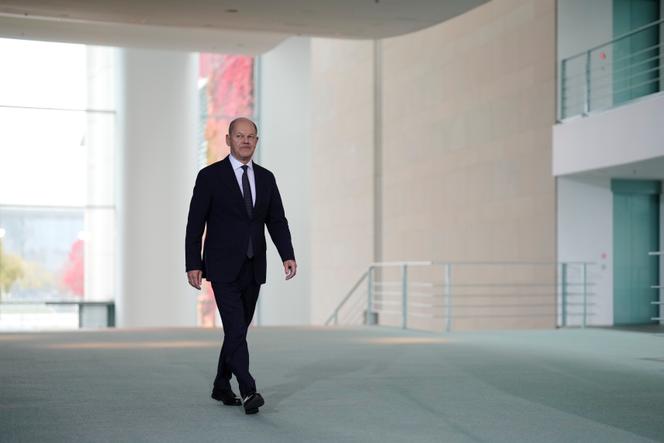CashNews.co

Donald Trump’s victory was supposed to tighten the ranks of the coalition that has been in power in Berlin since 2021; in the end, it precipitated its breakup. On the evening of Wednesday, November 6, the Social Democratic Chancellor Olaf Scholz fired the finance minister, the president of the Liberal Democratic Party (FDP), Christian Lindner, with whom relations had become notoriously stormy. He replaced him Thursday morning with a close adviser, Jörg Kukies.
The decision marks the end of the so-called “traffic-light majority,” comprising the Social Democratic SPD, the Greens and the FDP, as it effectively places the chancellor and his government in a minority in the Bundestag. In all likelihood, early parliamentary elections will be held in early 2025, by the end of March at the latest, Scholz having announced that he would submit himself to a vote of confidence by members of parliament on January 15. The next general election was originally scheduled for September 28, 2025.
“I am forced to take this decision in order to avoid any damage to our country,” Scholz told the press on Wednesday evening. “We need a government that is capable of action, that has the strength to take the necessary decisions.” He said he wanted to get closer to the leader of the opposition, Christian Democratic Union (CDU) president Friedrich Merz, himself already a declared candidate for the chancellorship, in order to “cooperate” on economic and defense policy. “Our economy can’t wait for new elections. We need clarity on how we are going to finance our security and defense in the coming years,” Scholz said.
An alliance of opposites
The three other liberal ministers in the government (justice, transport and education) announced their withdrawal in the evening, while Lindner accused the chancellor of having deliberately orchestrated the break-up by setting out unacceptable conditions, such as the suspension of the “debt brake,” a constitutional provision which limits the federal state’s structural deficit to 0.35% of gross domestic product each year.
Despite the coincidence of timing, the American elections are only marginally responsible for the political chaos destabilizing the eurozone’s leading economy. In recent months, disputes within the government had become an almost daily occurrence, pitting the Greens and SPD, who are committed to the welfare state, against the FDP, who are advocates of fiscal rigor. This alliance of opposites functioned more or less in a dynamic economy, with both sides managing to reach agreement on societal issues or the modernization of the state. But its ideological contradictions were harder to overcome when a recession put the issue of public spending back at the heart of the debate.
You have 53.74% of this article left to read. The rest is for subscribers only.

